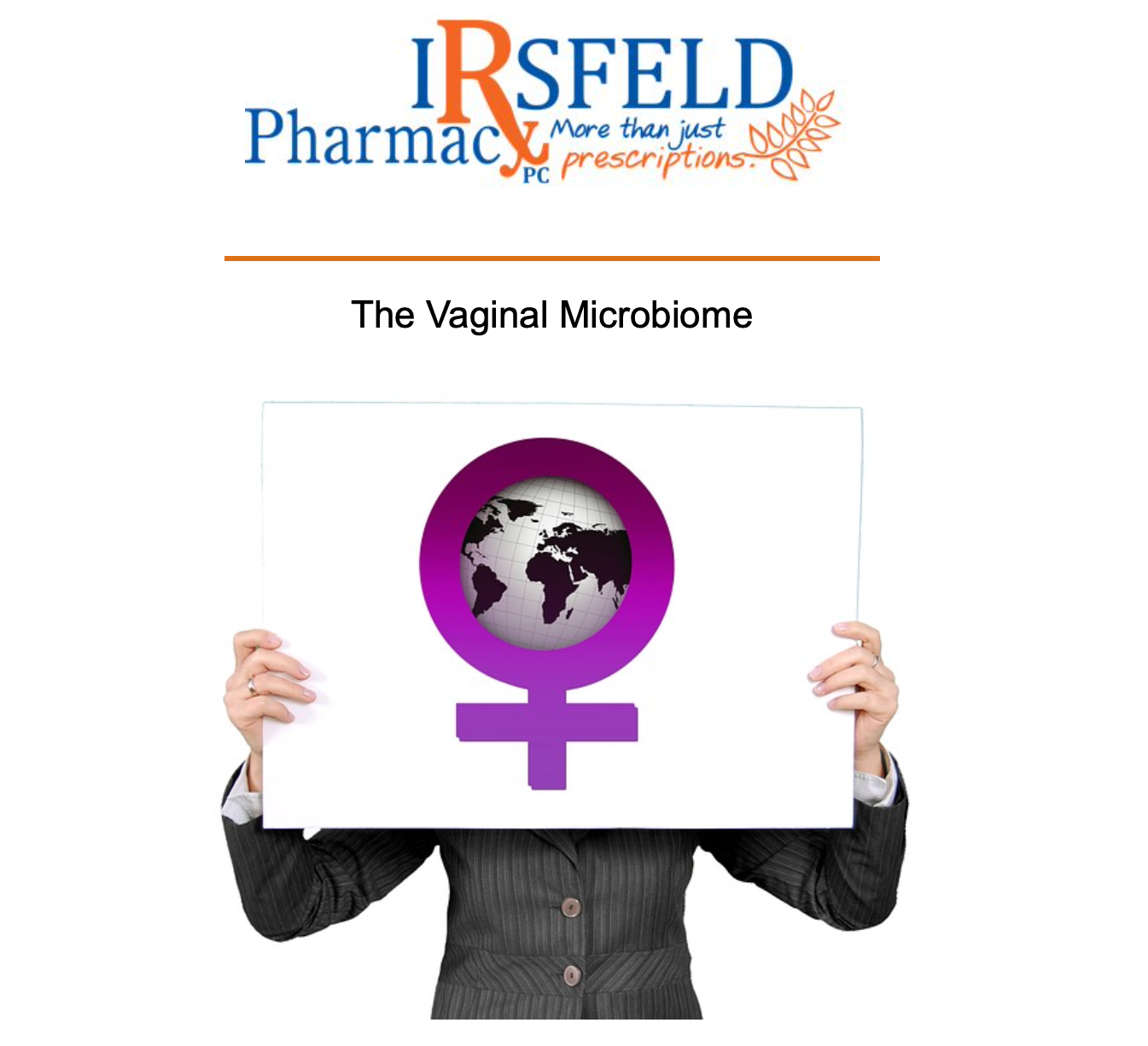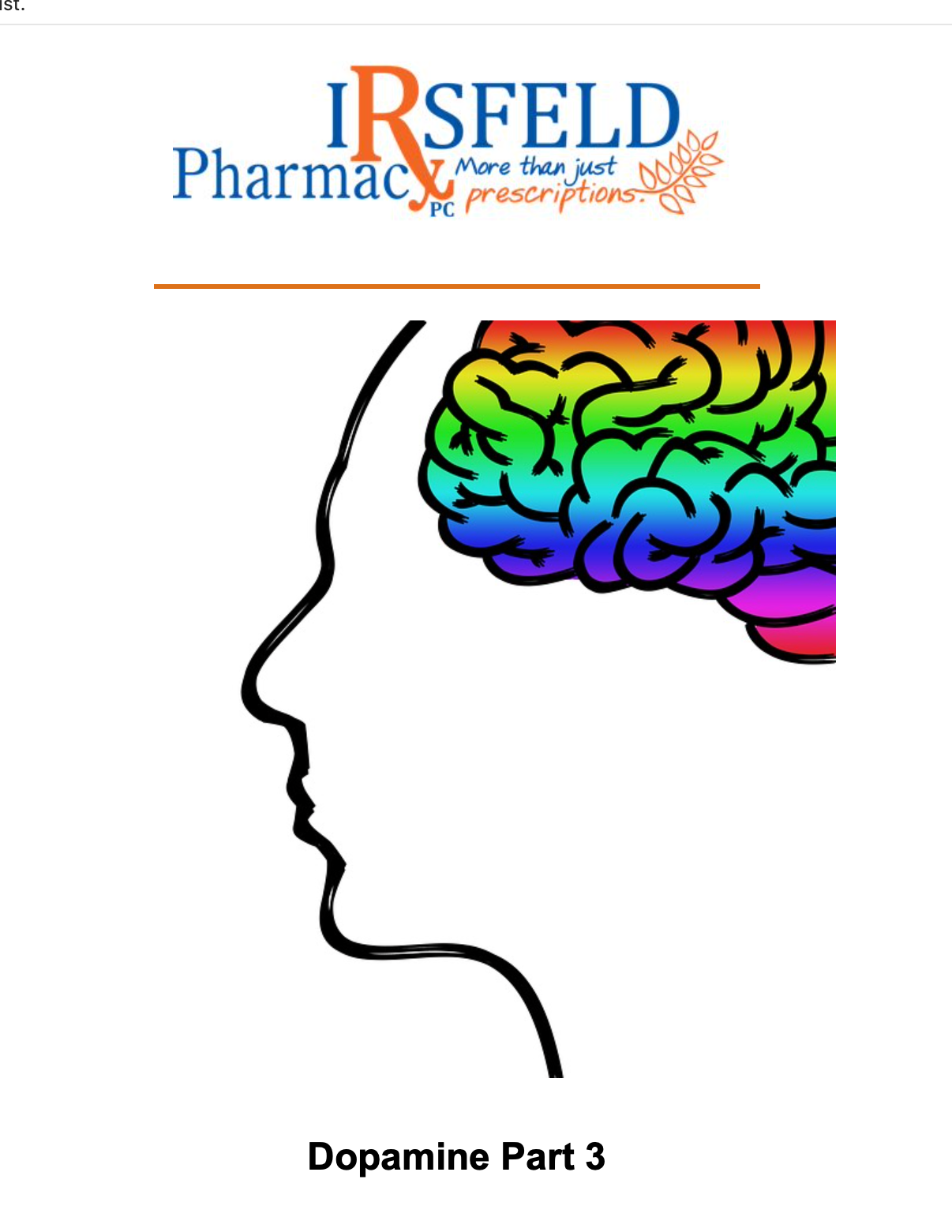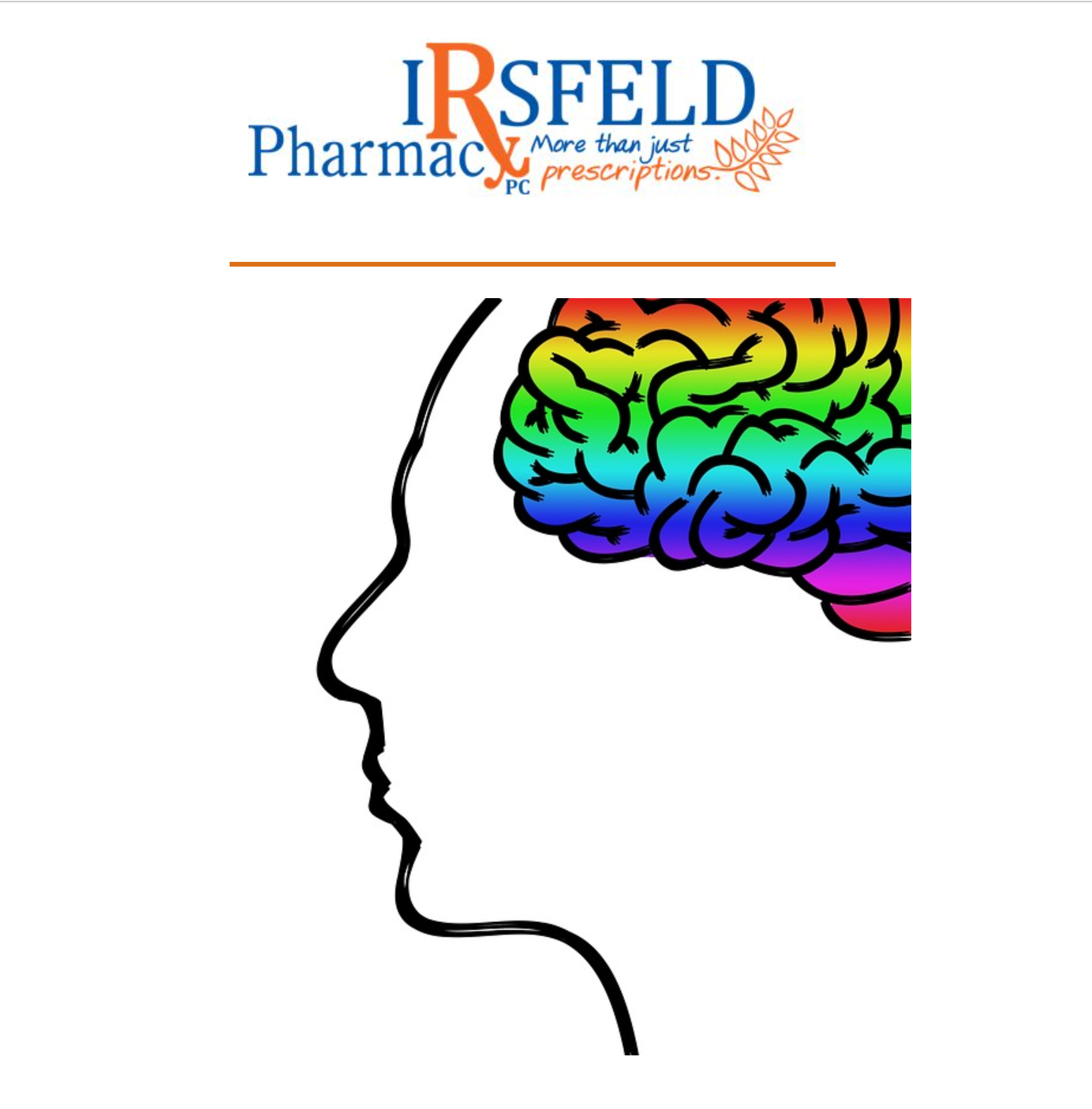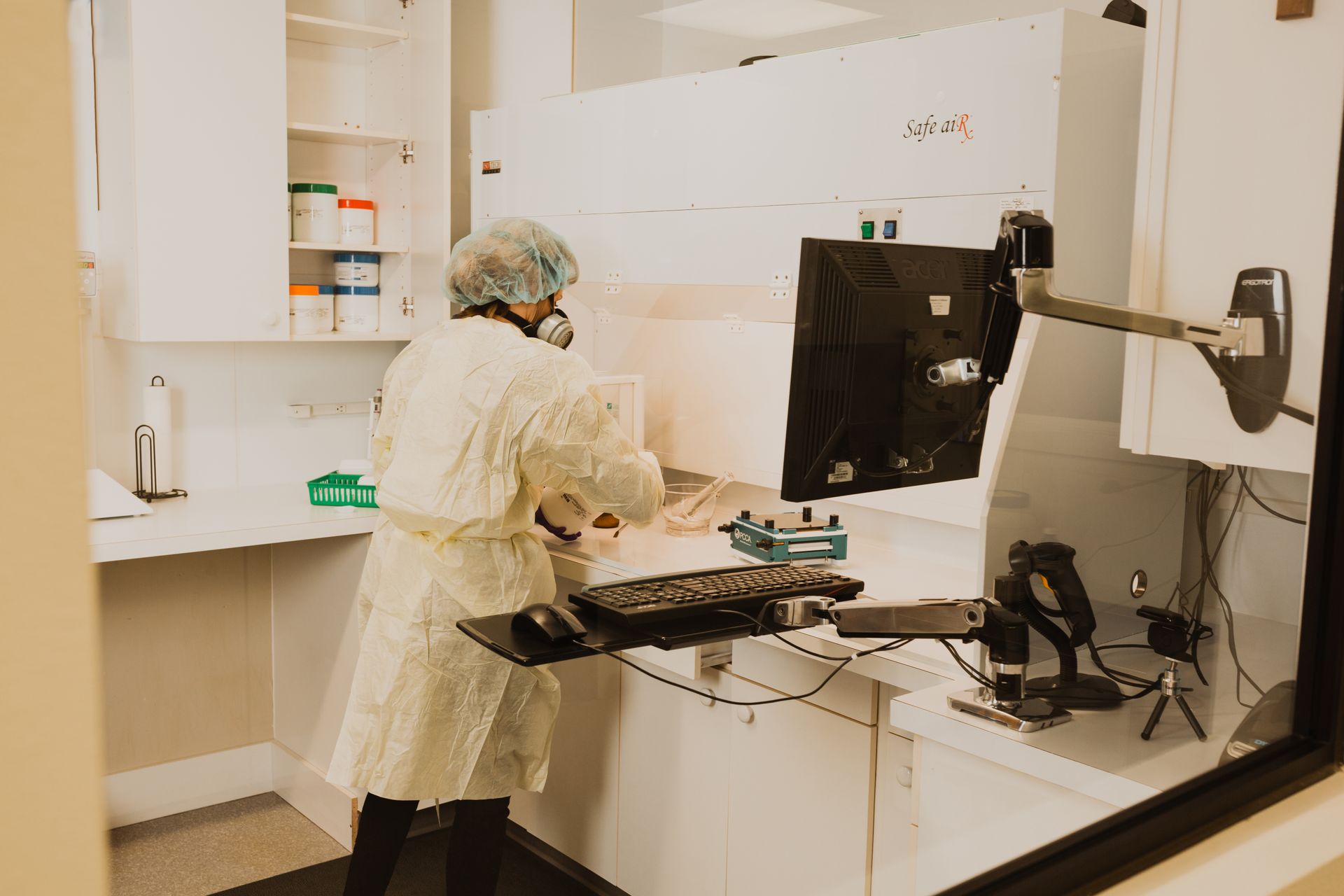Protein and preserving muscle mass

How often have I heard the comment, “This getting old is for the birds!” Not sure what birds have to do with it, but aging is certainly not for the faint of heart. Most people I visit with are okay with getting older as long as they can continue to do what they want, which means they will need to maintain their strength and flexibility. Today’s article will explore the need for protein to maintain muscle mass and strength.
Protein is an essential nutrient in maintaining and building muscle mass. As we age, our bodies undergo various physiological changes, including the progressive loss of muscle mass known as sarcopenia. However, by incorporating enough protein into our diets, we can effectively combat the negative effects of aging on our muscles.
Sarcopenia, the age-related decline in muscle mass and strength, is a significant concern among older individuals. Starting as early as our 30s, we begin to lose muscle mass at a rate of approximately 3-8% per decade. This process accelerates beyond 60, contributing to increased frailty, loss of independence, and a higher risk of falls and fractures.
Protein is the building block of muscle tissue and is essential for muscle growth, repair, and maintenance. The consumption of dietary protein stimulates muscle protein synthesis (MPS), the process by which new muscle proteins are formed. As we age, our muscles become less responsive to the anabolic stimulus of protein, resulting in a reduced MPS rate. However, research suggests that increasing protein intake can help counteract this decline.
If we want to promote muscle health and combat the aging process, it is crucial to consume an adequate amount of protein. The Recommended Dietary Allowance (RDA) for protein intake is 0.8 grams per kilogram of body weight per day, but recent evidence indicates that older adults may benefit from higher protein intake. Studies suggest that a protein intake of 1.2-1.6 grams per kilogram of body weight per day is more appropriate for preserving muscle mass and function in older individuals.
High-protein diets have been shown to increase satiety and help maintain a healthy body weight. This is particularly relevant for older adults, as maintaining a healthy weight can reduce the risk of chronic conditions such as diabetes and cardiovascular disease.
Protein intake is linked to bone health, enhancing calcium absorption and stimulating bone formation. Preserving bone health is crucial for older adults more susceptible to osteoporosis and fractures.
Protein is vital in maintaining a robust immune system, which becomes increasingly important as we age. Adequate protein intake supports the production of antibodies and immune cells, helping to protect against infections and diseases.
Protein-rich diets can improve metabolic health by reducing insulin resistance and promoting stable blood sugar levels. This benefits older adults, as it can help prevent or manage conditions like type 2 diabetes.
Lean meat and poultry are excellent sources of high-quality protein. Options such as chicken breast, turkey, lean cuts of beef, and pork tenderloin offer a substantial amount of protein while being relatively low in fat. They can be easily prepared by grilling, baking, or sautéing, making them convenient choices for quick and nutritious meals.
Fish and seafood are rich in protein and provide valuable omega-3 fatty acids. Options like salmon, tuna, sardines, and shrimp offer a dual benefit of protein and heart-healthy fats. Canned tuna and salmon are convenient options, as they can be easily incorporated into salads, sandwiches, or pasta dishes.
Eggs are a versatile source of protein. They are a complete protein containing all the essential amino acids our bodies need. Hard-boiled eggs make for a convenient and portable snack, while omelets or scrambled eggs can be prepared with various vegetables for a quick and nutritious meal.
Dairy products such as milk, Greek yogurt, and cottage cheese are excellent protein sources. Greek yogurt, in particular, is a popular choice due to its high protein content and creamy texture. Cottage cheese is another convenient option that can be eaten as is or paired with fruits or vegetables.
Legumes and beans, including lentils, chickpeas, black beans, and kidney beans, are plant-based protein sources. They are affordable and rich in fiber and other essential nutrients. Canned varieties are readily available and can be incorporated into soups, stews, salads, or even mashed to create protein-packed spreads or dips like hummus.
Nuts and seeds are a good source of protein and provide healthy fats and antioxidants. Options such as almonds, walnuts, chia seeds, and flaxseeds can be consumed as a snack, sprinkled on salads or yogurt, or incorporated into baking and cooking recipes.
Protein supplements are another way to fortify your intake. Over the years, protein supplements have evolved from awful-tasting products to flavored protein powders that are easily mixed and taste good. Protein can also be obtained by utilizing collagen supplements (ON SPECIAL THIS MONTH...CALL THE PHARMACY, details below), which allow you to get a nice dose of protein while providing collagen peptides to help joints, tendons, ligaments, and bones. Incorporating a protein smoothie into your regimen if you are struggling to get adequate protein in your diet is a quick, easy to make that happen.
Protein intake is crucial for preserving muscle mass, combating the effects of aging, and promoting overall health in older adults. By consuming an appropriate amount of protein, individuals can enhance muscle protein synthesis, maintain muscle mass, and mitigate the risks associated with sarcopenia while providing benefits in other areas. As we age, we must prioritize protein-rich foods and supplements to optimize protein intake to support healthy aging and ensure an active and independent lifestyle.
Stop by or call the pharmacy to visit about the benefits of protein or other health concerns that you might have. Please visit my website at www.irsfeldpharmacy.com to find this and other archived articles in the blog section.
Until next time, be vigilant about your health!!
VISIT US
HOURS
HOURS
CONTACT US
Fax #: (701) 483-4926












Share On: